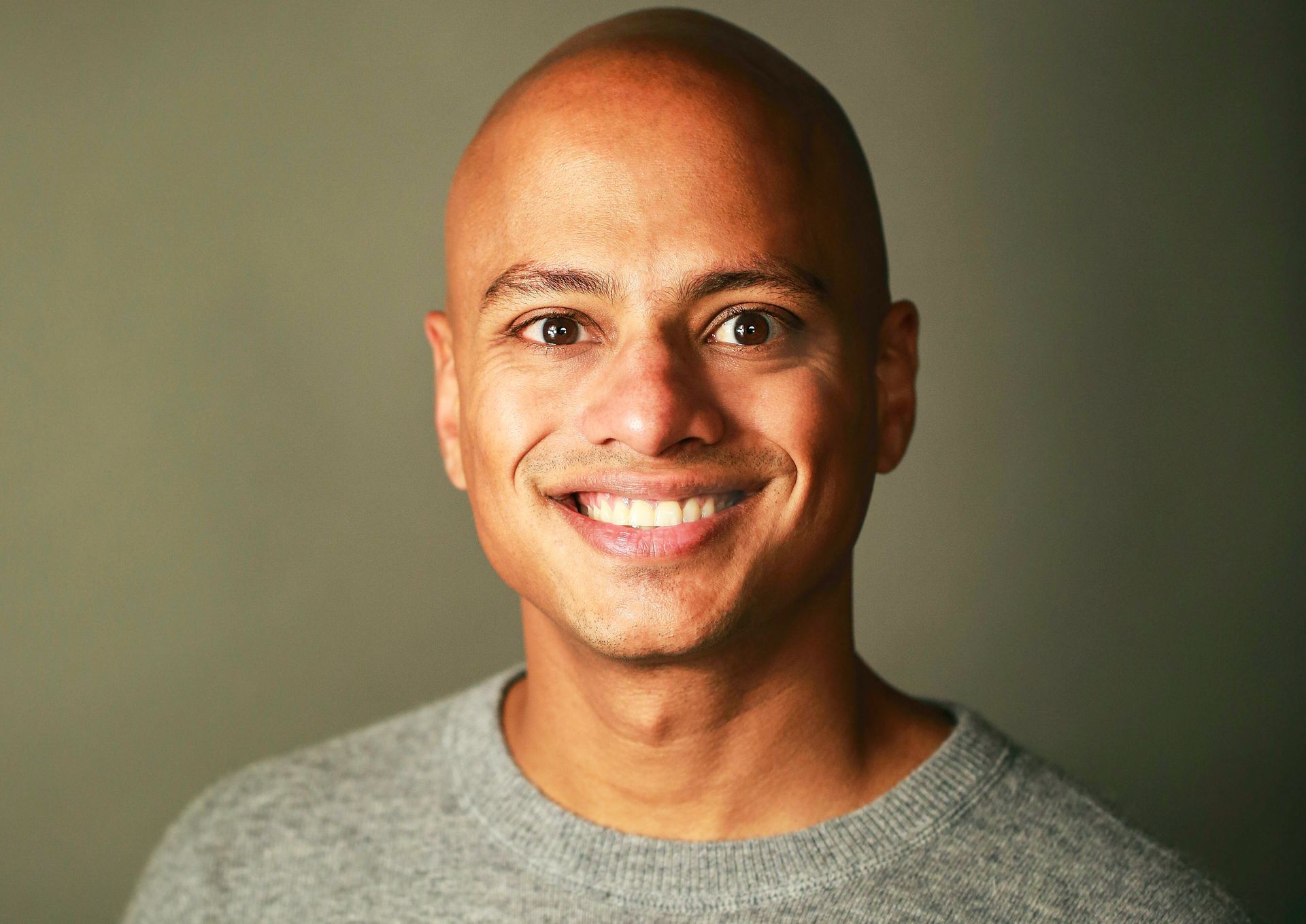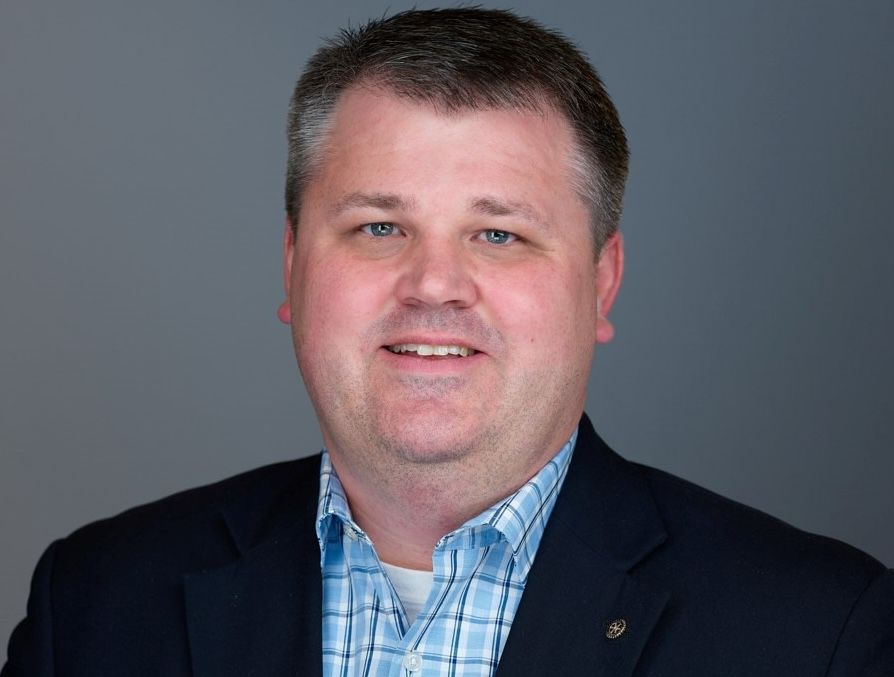3 Myths About Boundaries, Debunked
By Matt Lehrman
Social Prosperity Partners
Dear Social Prosperity Partners:
As a school board president who also has years of classroom experience, I know how to manage a contentious public meeting. However, when the personal attacks are coming from my fellow board members, I can’t just shush them with my “teacher voice.” These are my colleagues, not my students. How do I get them to maintain professional boundaries? I feel like I’m being bullied.
— Stuck in the Schoolyard
Dear Stuck in School: I’m sorry you feel bullied, and you need to know you are not alone. I hear similar tales of frustration from all sorts of community leaders across the country, and the subject of “boundaries” keeps coming up in our monthly Community Chat on Zoom.
Thankfully, the formal structure of a school board imposes some basic limits on speech and behavior. Assuming those are being properly enforced, the boundaries you need to maintain aren’t “professional,” they are interpersonal. More importantly, boundaries can’t be imposed on others, but only upon ourselves.
3 MISCONCEPTIONS ABOUT BOUNDARIES
This insight comes from Dr. Robert Weiss, an addiction and recovery expert whose blog post on boundaries debunks three myths or “misconceptions”:
- Myth #1: “Healthy boundaries are how we control the behavior of other people.” (The only behavior we control is our own.)
- Myth #2: “Healthy boundaries are about keeping unsafe people out of our lives.” (Boundaries create a path to let others in, safely.)
- Myth #3: “Boundaries limit our thinking and behavior.” (Boundaries enable and empower us.)
WATCH: Highlights from our Jan. 5 Community Chat on “Governance vs. Politics”
A real-world example came up in our January Community Chat when Kwame Kamau James talked about improving communications on his Michigan school board, and I have tremendous admiration for the candor and clarity of their response. “We’ve been very pointed about verbalizing, articulating the harm as it’s being done,” he said, when someone engages in personal attacks or other uncivil behavior.
So, when facing a situation of incivility, remember that your choice is not between “fighting fire with fire” and “turning the other cheek.” Controlling your own behavior and keeping communication lines open is your key to dignity, respect and a constructive resolution.
Looking for advice on a leadership challenge? Ask Matt@SocialProsperity.us.

NEW EPISODE — ““STRATEGIC OUTCOMES” (March 19, 2024)
Matthew Pepper, President & CEO of Michigan Humane, transformed how this 147-year-old nonprofit approaches strategic planning, replacing the conventional chase of statistics with a focus on the impactful outcomes of "healthy communities, safe neighborhoods, and a thriving workforce & economy.”
Listen on Apple, Spotify and all podcast platforms
“BACK IN BLACK” (March 5, 2024)
“THE WELLNESS POLICE” (March 5, 2024)
“CHURCH & STATE” (February 27, 2024)
Connect with Matt:
- Email me at Matt@SocialProsperity.us.
- Follow me on Facebook, Instagram, YouTube and LinkedIn.
- Learn more at SocialProsperity.us and MattLehrman.com.



